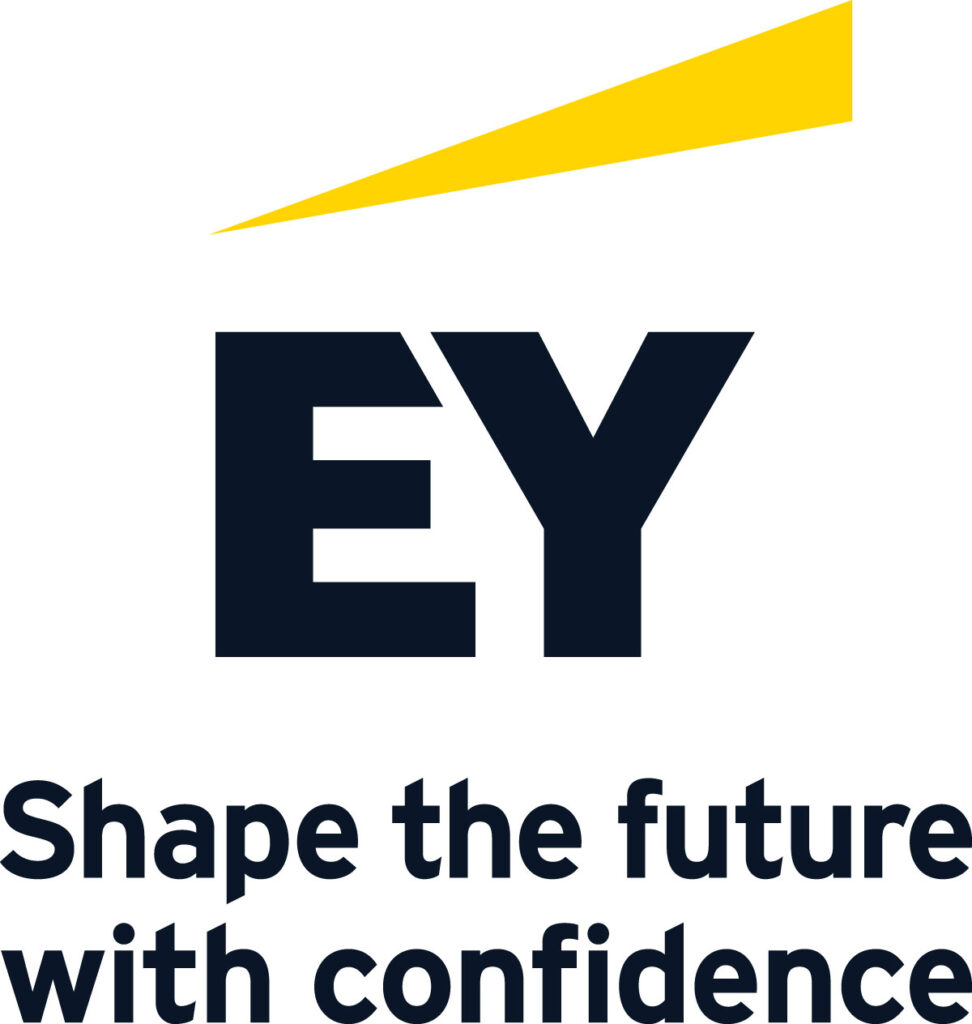The future of work: Adapting to thrive in a changing landscape

The workplace is undergoing a fundamental shift. Technology, evolving expectations of workers and employers, as well as new business priorities are shaking up the traditional workplace, write EY’s Judith Crawford and Hannah de Burgh Whyte.
Typical models of work, career progression, employee engagement and office life are being challenged. At the centre of this shift is a critical question: how can the public sector not only adapt, but gain a competitive advantage in this new world of work?
The EY 2024 Work Reimagined Survey, based on insights from 17,350 employees and 1,595 employers across 23 countries and 27 industries, highlights a clear trend: “traditional models of career, reward, and workplace structure are being redefined.” Employees today prioritise flexibility, meaningful rewards, and continuous development opportunities. Organisations that are not adapting at the same speed risk losing their competitive edge and attractiveness as employers of choice. While certainly a challenge, it does present an opportunity for the public sector. By rethinking workforce strategies, organisations can build talent advantage (their ability to attract, engage, and retain top talent) by focusing on three core areas:
- investing in agile skills development by ensuring staff are equipped for an AI-driven future;
- provision of holistic benefits and career development opportunities beyond the remuneration offering; and
- redefining workplace culture by embracing flexibility and hybrid models.
Key disruptors shaping the future of work, according to the EY survey include Generative AI (GenAI) adoption, which has surged from 22 per cent to 75 per cent in just one year. Flexible work remains a priority, prompting the public sector to reconsider the employee value proposition, staff engagement approaches, leader and line manager capability to manage performance appropriately and office space strategies.
How can the public sector build talent advantage?
1. Embracing AI and agile skills development
One of the most striking findings from the EY survey is the rapid acceleration of AI adoption. Over the past year, GenAI usage has risen significantly, with usage highest in the technology sector (90 per cent) and lowest in government and public services (60 per cent) across the globe. This disparity underscores the need for a structured approach to AI integration, ensuring that employees across all sectors have the skills and confidence to work effectively alongside emerging technologies.
The current Programme for Government points to ambitions to ensure Ireland is a leader in the Digital Economy and AI. Realisation of this vision will require public sector organisations to focus on investment in continuous learning for staff at all levels. A programme of digital maturity building will help to ensure staff can appropriately use AI technologies, manage and govern data, and apply data and technology to user design. Integration of AI into learning and development interventions via AI-powered learning platforms can personalise career development and improving learner journeys and change adoption. Focusing on digital transformation will certainly improve service delivery and efficiency but this is dependent upon upskilling the workforce to the level of digital maturity needed to fully embrace it and to harness its full potential.
2. Expanding rewards: A holistic approach to employee value
While competitive pay remains a key component of the employee value proposition, current and potential new staff want more than just financial compensation. They value well-being, career growth, and work-life balance. This is where the public sector can differentiate itself. To boost retention and engagement, organisations should consider greater prioritisation of well-being through flexible schedules, mental health supports, wellness programmes and personalised benefits tailored to meet diverse employee needs, including professional development and work arrangements. The provision of clear career pathways has been proven to support retention – while this may be a challenge for the ‘generalist’ civil servant, there are opportunities across specialist functions to provide these pathways and entice staff to stay and build their career within the public sector.
3. Rethinking workplace culture in a hybrid world
The traditional office-based work model can no longer be the default. Employees increasingly expect flexibility, autonomy, and a sense of purpose, making it essential for organisations to rethink how they cultivate workplace culture. To build an effective, untethered workplace culture, public sector organisations should focus on supporting leaders to manage hybrid teams – success in a flexible workplace depends on trust, clear objectives, and engagement rather than monitoring hours worked. Organisation should invest in digital collaboration tools that support seamless communication and productivity, and reconfigure office spaces to including collaboration hubs, not just provide space to sit at a desk. The focus here is on creating a modern, agile work environment, supported by policies that allow flexible and remote working arrangements.
The EY 2024 Work Reimagined Survey reinforces a simple truth: the world of work is evolving, and organisations must evolve with it. To remain competitive and future-proof their workforce, public sector organisations should prioritise:
- investment in AI and skills development across the workforce;
- adoption of flexible, hybrid-friendly work models;
- broadening employee rewards and well-being programmes: and
- refining retention strategies to reduce attrition.
Public sector organisations that embrace these changes will not only thrive in the new world of work but will also play a pivotal role in shaping Ireland’s future economy and deliver on the commitments in the new Programme for Government.
W: www.ey.com/en_ie






